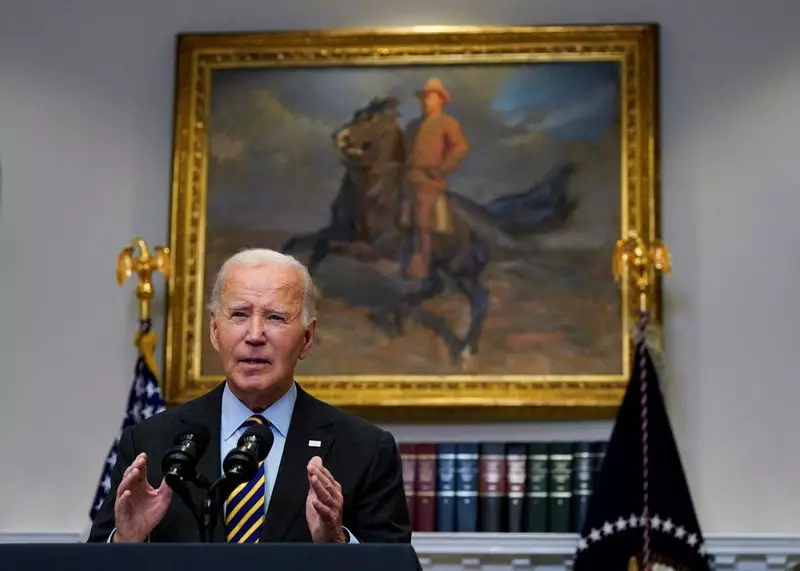In a strategic initiative to bolster regional security and economic ties, U.S. President Joe Biden convened virtually with Japanese Prime Minister Ishiba Shigeru and Philippine President Ferdinand Marcos Jr. This meeting emphasizes the importance of trilateral cooperation among these nations amidst increasing geopolitical tensions in the Indo-Pacific region. The discussion revolves around enhancing maritime security and addressing the ongoing threats posed by China’s aggressive territorial claims in the South China Sea. The collaboration among these three nations signals a united front aimed at fostering a more stable and secured maritime environment.
Central to the conversation was the topic of China’s expansive claims in the South China Sea, an area crucial for global trade and commerce, valued at over $3 trillion annually. China’s actions, deemed both “dangerous and unlawful” by the participating leaders, have escalated tensions not only among regional stakeholders but also globally, challenging international norms and agreements. The Permanent Court of Arbitration’s 2016 ruling which contested the legal basis of China’s claims remains a poignant reminder of the complexities surrounding territorial disputes in the region. The ongoing military maneuvers by all parties involved illustrate the volatile nature of this crucial maritime corridor.
The meeting highlights a deeper commitment from the U.S. to strengthen its security engagements with the Philippines, particularly under President Marcos’ administration. This not only reflects a robust defense strategy but also aims to enhance operational access to Philippine military bases, which are vital for U.S. strategic interests in the Asia-Pacific region. Economic cooperation discussions echoed similar sentiments; the need for resilient supply chains between allies was a significant concern—especially after recent disruptions in the global market due to geopolitical frictions.
Interestingly, while the meeting focused significantly on security and maritime issues, it sidestepped specific discussions on pressing economic matters, such as the recent acquisition attempts by Nippon Steel of U.S. Steel, which Biden blocked on national security terms. Japan’s inquiry towards Biden regarding U.S. concerns illustrates a potential rift in economic accord that might need addressing. Striking a balance between national security and the fluid economic landscape is essential for all parties involved to ensure sustained cooperation.
As the leaders of the U.S., Japan, and the Philippines engage in dialogue, the path ahead remains nuanced and complex. The commitment to uphold a free and open Indo-Pacific must navigate the intricate web of national interests, regional autonomy, and global commerce. The future of trilateral relations is not merely about countering threats but also about fostering mutual growth and establishing lasting partnerships based on shared values and strategic objectives. With the shifting geopolitical landscape, these discussions signify not just a momentary alignment but rather the beginning of a concerted effort to ensure stability and prosperity in the Indo-Pacific.

